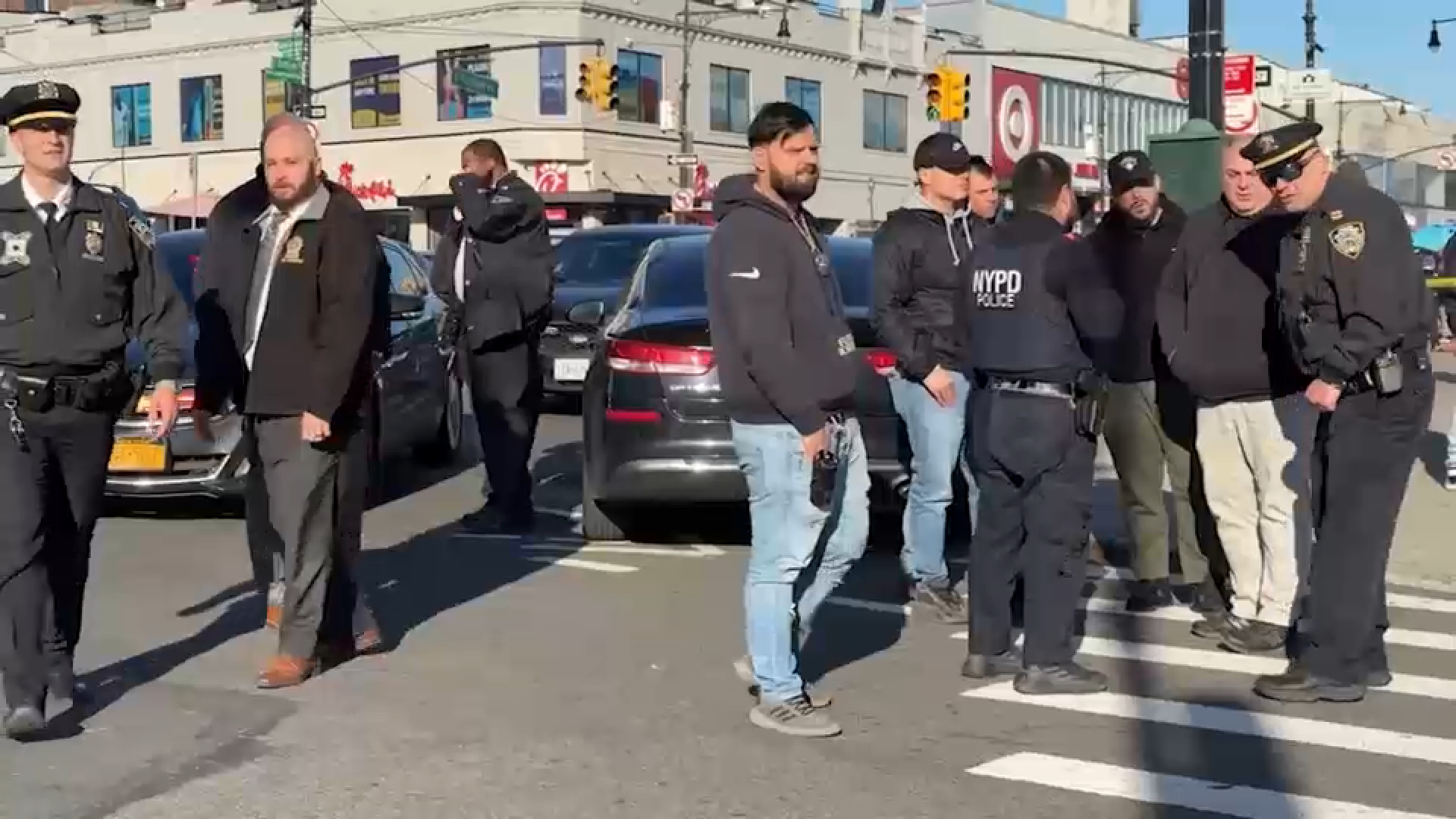Family: 30-year-old Navy vet died after Northern California police placed knee on his neck

ANTIOCH, Calif. -- A Navy veteran who was going through an episode of paranoia died after a Northern California police officer knelt on his neck for several minutes, his family said Tuesday.
The family of Angelo Quinto called police on Dec. 23 because the 30-year-old was suffering a mental health crisis and needed help. His family says a responding officer knelt on Quinto's neck for nearly five minutes while another officer restrained his legs. Quinto lost consciousness and was taken by ambulance to a hospital, where he died three days later.
"He said 'Please don't kill me. Please don't kill me,' as they were putting him on the ground. They handcuffed him and one officer put his knee on the back of his neck the whole time I was in the room," said Quinto's mother, Cassandra Quinto-Collins.
Quinto-Collins said she had been hugging her son and he was calm when officers arrived at their home in Antioch, 45 miles (70 kilometers) east of San Francisco.
"I trusted the police because I thought they knew what they were doing but he was actually passive and visibly not dangerous or a threat so, it was absolutely unnecessary what they did to him," she said.
A video recorded by Quinto-Collins shows her son listless, with a bloodied face and his hands cuffed behind his back. She said she began recording after seeing her son's eyes were rolled up in his head.
RELATED: Gov. Gavin Newsom directs California police officers to stop training use of carotid chokehold
The family filed a legal claim against the Antioch Police Department last week, which gives the department 45 days to respond. After that time has elapsed, the family will file a federal lawsuit, said John Burris, the Quintos' attorney.
"I refer to it as the George Floyd technique, that's what snuffed the life out of him and that cannot be a lawful technique," Burris said. "We see not only violations of his civil rights but also violations against the rights of his mother and sister's, who saw what happened to him."
Floyd, a Black man, died May 25 in Minneapolis after a police officer pressed his knee against Floyd's neck while he was handcuffed and saying he couldn't breathe.
Burris said there were other issues with the officers' response, including how they didn't try to de-escalate and first talk to Quinto, and how they failed to turn on their body cameras and the camera in their patrol car.
A cause of death has not been released by authorities and an independent autopsy is pending, Burris said.
The Antioch Police Department didn't respond Tuesday to a request for comment from The Associated Press.
The department didn't inform the public of Quinto's death until Jan. 25 when it answered inquiries made by East Bay Times.
After the legal claim was filed Thursday, Antioch Police Lt. Tarra Mendes told the newspaper that "the investigation is still ongoing. We want it to be completed. As soon as it is completed, we will be able to provide the public with more information."
Quinto, who was born in the Philippines, was honorably discharged from the Navy in 2019 because of a food allergy, said his sister, Bella Collins.
He suffered from depression most of his life, but his behavior changed after an apparent assault in early 2020, when he woke up in a hospital not remembering what had happened and with stitches and serious injuries. After that, he began having episodes of paranoia and anxiety, she said.
Collins, 18, said she now regrets calling the police after worrying her brother, who before police arrived was tightly hugging her and their mom, could hurt their mother.
"I asked the detectives if there another number I should have called, and they told me that there wasn't and that I did the right thing. But right now I can tell you that the right thing would not have killed my brother," she said.










